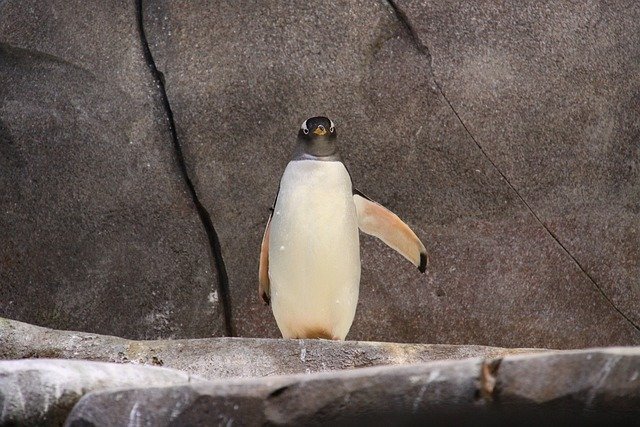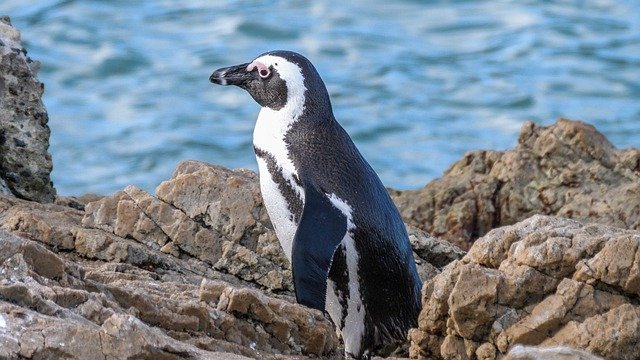**Topic: "The Social Structure of Penguin Colonies: Understanding Their Complex Community Dynamics"** In

The Social Structure of Penguin Colonies: Understanding Their Complex Community Dynamics
Penguins, with their charming waddles and striking black-and-white plumage, have long captivated the hearts of wildlife enthusiasts and researchers alike. Yet, beyond their endearing appearance lies a complex social structure that governs their colonies. Understanding these dynamics is crucial for conservation efforts and for appreciating the intricate lives of these remarkable birds.
The Basics of Penguin Social Structure
Penguin colonies can vary significantly in size, from a few dozen individuals to thousands. Within these colonies, penguins establish a variety of social interactions that are essential for their survival and reproduction. The social structure is largely influenced by species, environmental factors, and the availability of resources.
1. Hierarchy and Dominance
Many penguin species exhibit a hierarchical social structure. Dominance hierarchies can influence access to food, breeding sites, and mates. For example, in species like the Emperor Penguin, larger and more experienced individuals often dominate over younger or smaller ones. This hierarchy can lead to competition, but it also facilitates cooperation in tasks like chick-rearing and foraging.
2. Breeding Colonies and Pair Bonds
Breeding is a critical aspect of penguin social life. Penguins often form monogamous pair bonds that can last for several breeding seasons. These bonds are reinforced through mutual preening and vocalizations, which help strengthen the partnership. In colonies, pairs often nest in close proximity to one another, fostering a communal environment where parents can support each other in raising their chicks.
3. Communication and Social Interactions
Penguins are highly social animals that rely on a variety of vocalizations and body language to communicate. Each species has its unique calls that serve different purposes, from attracting mates to warning others of predators. The ability to recognize individual calls is crucial for maintaining social bonds and coordinating group activities.
4. Cooperative Behavior
Cooperation is a key feature of penguin social dynamics. During the harsh breeding season, penguins often engage in cooperative behaviors such as sharing the responsibility of incubating eggs and feeding chicks. In species like the Gentoo Penguin, parents take turns foraging for food while the other stays with the chicks, ensuring their survival in a challenging environment.
Environmental Influences on Social Structure
The social dynamics of penguin colonies are also influenced by environmental factors. Changes in sea ice, food availability, and climate can affect colony size and structure. For instance, in years of abundant fish, colonies may expand as more individuals are drawn to the area. Conversely, in times of scarcity, competition can lead to increased aggression and altered social interactions.
Conservation Implications
Understanding the social structure of penguin colonies is vital for conservation efforts. As climate change and human activities continue to impact their habitats, recognizing how these changes affect social dynamics can help inform effective management strategies. Protecting breeding sites and ensuring food availability are crucial for maintaining the delicate balance of these communities.
Conclusion
The social structure of penguin colonies is a fascinating tapestry of interactions that highlights the complexity of their lives. From hierarchical dynamics to cooperative breeding, these social behaviors play a fundamental role in their survival. As we continue to study and appreciate these remarkable birds, it becomes increasingly important to advocate for their conservation and ensure that future generations can enjoy the wonders of penguin colonies.
Feel free to share your thoughts or experiences with penguins in the comments below! 🐧

Upvoted! Thank you for supporting witness @jswit.